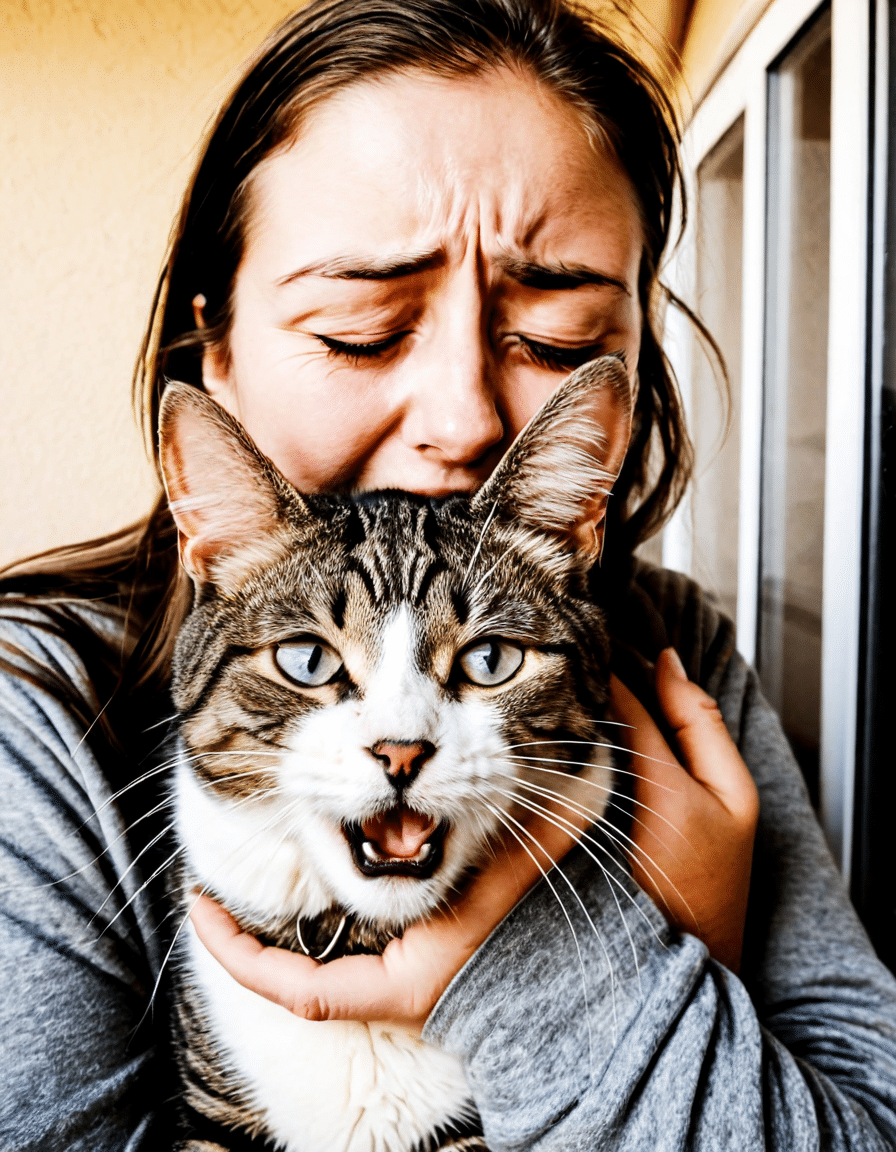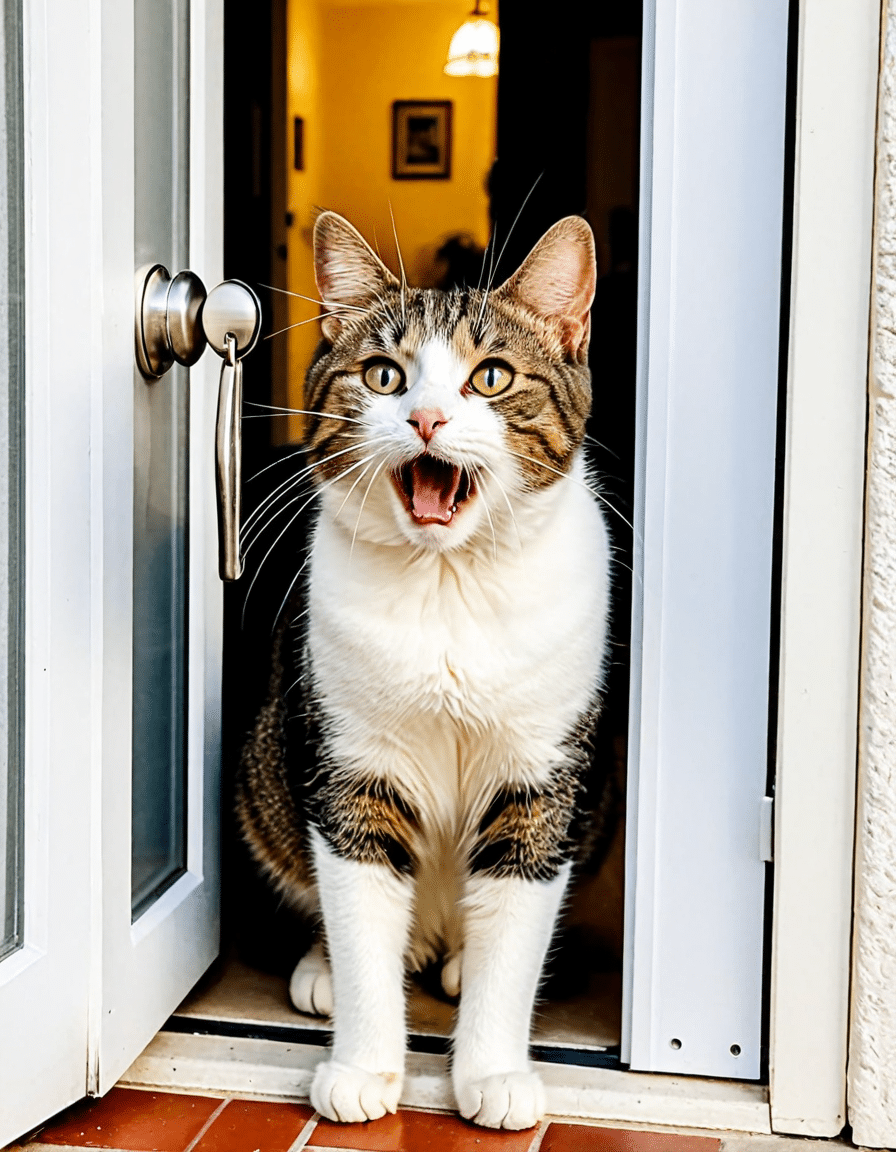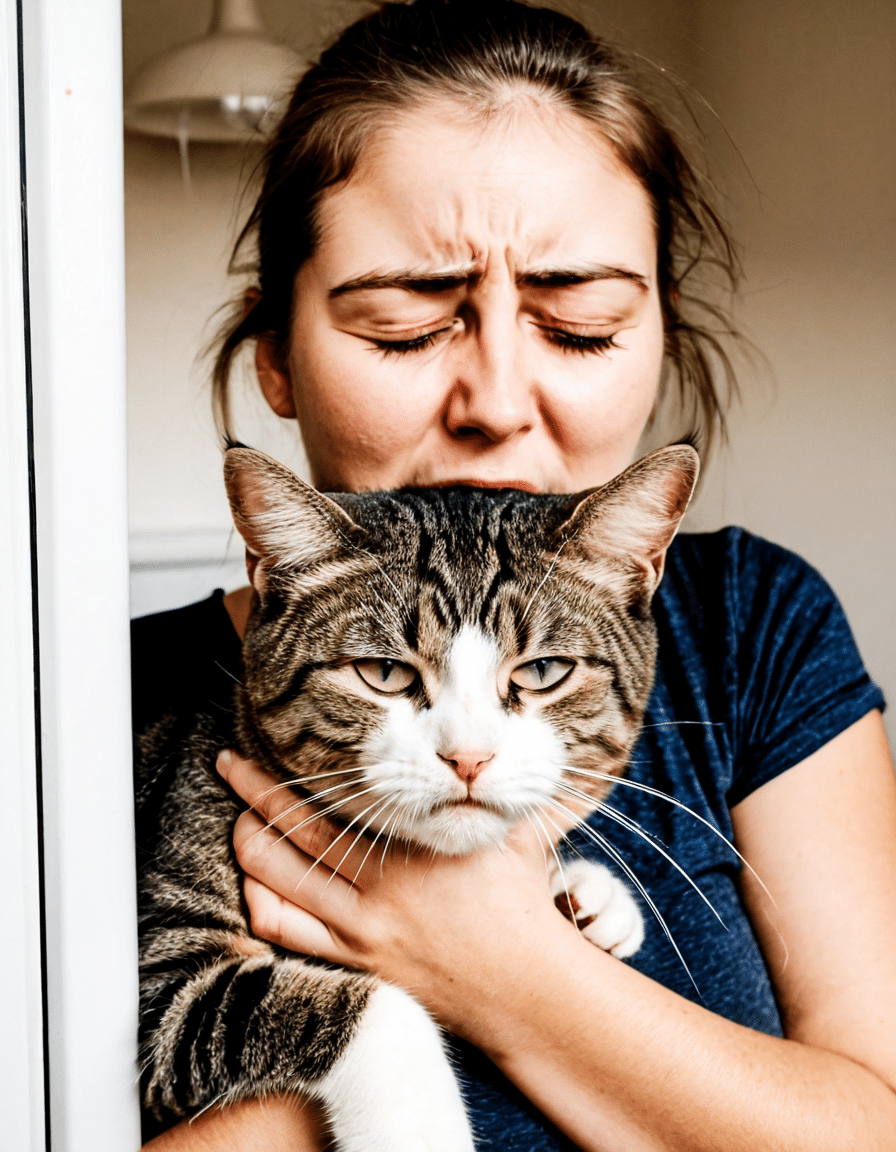When your cat won’t stop crying to be let out, it can drive you up the wall. You scratch your head and wonder, “What’s the deal with this behavior?” While it might seem like a simple nuisance, understanding why your feline friend is expressing their desires can be crucial for both of you. This article dives into the possible reasons your cat is crying and offers practical solutions to help alleviate this frustrating situation.
Understanding Why Your Cat Won’t Stop Crying to Be Let Out
Cats are complex creatures, and their vocalizations often have nuanced meanings. It’s essential to consider their instincts, needs, and emotions when deciphering their behavior. Let’s take a closer look at why your cat might be sounding the alarm for some outdoor time.

Common Reasons for Your Cat’s Behavior
Cats, being the consummate hunters, need physical and mental stimulation. If they don’t receive enough activity inside, they may resort to crying to get some attention or to voice their frustrations. Engaging your cat with interactive toys such as the Petstages Tower of Tracks can help channel that pent-up energy into play. You can also consider DIY toys like paper balls or homemade feather dangles. Often, a little bit of fun goes a long way in calming those cries.
Ever notice your cat’s eyes light up when they see a bird through the window? Cats are naturally curious creatures. If your cat has previously explored the outdoors, their cries may stem from a longing to relive those exciting adventures. Installing a catio is a fantastic way to let your kitty enjoy the fresh air while keeping them safe. You can go a step further by training your cat to walk on a leash for supervised outdoor explorations. This way, they get their fix of nature without the risk.
Does your cat seem rattled by the neighborhood cats? Felines are territorial animals, and they may cry if they feel the need to protect their space. Territorial disputes can cause stress, leading to increased vocalization. Enriching your cat’s environment with scent trails using pheromone diffusers like Feliway may ease their anxiety and reduce their need to vocalize out of distress.
Sometimes, the simplest explanations are the ones we overlook. If your cat’s food and water bowls are empty, it’s no wonder they’re making a scene. Regularly check their bowls to ensure they’re hydrated and fed. Plus, if you have multiple pets and notice a dog won’t drink water, it might indicate your cat’s food and water situation is in disarray. Make sure each pet has their designated spot to eat and drink peacefully.
Any sudden changes in behavior could hint at underlying health concerns. For instance, if fleas are gone but your cat won’t go on the carpet, it may signal discomfort, allergies, or even pain. It’s important to pay attention to any other odd behaviors and consult your vet if your cat continues to cry without an apparent reason.
Let’s face it; cats love to be the center of attention. If your kitty’s crying coincides with long days at work where you’re home less, they may just want your affection. Make it a point to bond with your cat regularly. Schedule playtime, cuddle sessions, or even grooming hours to reassure them they’re still a priority in your life.
Any shifts in their environment—like new pets, furniture, or even seasonal changes—can provoke anxiety. If your cat is adjusting to a new family member, it’s normal for them to express discontent through vocalization. Take your time to introduce new elements in your household and monitor your cat’s behavior. Using calming aids can also help as they acclimate.
Practical Solutions to Consider
To tackle your cat’s persistent cries effectively, consider these practical strategies:
Daily play sessions that mimic their natural hunting behavior can significantly reduce intrusive vocalizations. Utilize feather wands or laser pointers to stimulate their instincts.
Annual veterinary visits are critical for ensuring your cat stays healthy. If excessive meowing accompanies other symptoms like loss of appetite or litter box changes, don’t hesitate to seek professional advice.
Making your home cozy and engaging can greatly decrease your cat’s desire to escape. Invest in cat trees, scratching posts, and cozy napping spots. A comfortable space will allow your feline to feel more secure indoors.

Innovative Wrap-Up
Understanding why your cat won’t stop crying to be let out is crucial for your cat’s well-being and your sanity. By observing their behavior and addressing their needs, you can cultivate a happier space for both of you. Remember, each feline has its personality and may require tailored strategies to keep those cries at bay. A little time spent understanding and engaging with your furry friend can not only ease their anxiety but also strengthen the bond you share. Don’t forget to consider all the little opportunities for enrichment you can provide; after all, a well-stimulated cat is a happy cat!
Cat Won’t Stop Crying to Be Let Out
It’s a common scenario many cat owners face—your feline friend is meowing incessantly to be let out. This behavior can spring from a variety of reasons, including boredom, curiosity, or even frustration over not getting their way. But did you know there are interesting facts about the motivations behind cat behavior? For instance, while we often think of outdoor adventures as a human pastime, cats also crave the thrill of exploring their environment. Just like the cost of a horse can vary based on location and upkeep, so too can the needs of your kitty depend on their lifestyle and surroundings.
Why the Crying?
The reasons your cat won’t stop crying to be let out can stem from basic instincts. Cats are natural hunters, and staying cooped up can lead to frustration. They’re often on the lookout for potential prey, and if cooped up, once they get a sniff of the great outdoors, their inner predator kicks in. Isn’t it funny how sometimes we become so focused on their needs that we overlook our own, much like how signs of neck or back pain in Pomeranians can silently go unnoticed until they’re more than just a nuisance? If your cat’s cries are becoming overwhelming, it’s crucial to consider alternatives like toys or engaging play that mimic the great outdoors.
Fun Cat Trivia
Here’s a quirky tidbit: many cats will express their desires vocally because they learn that it gets results. Just think of how Scott Jennings does his thing. In the world of entertainment, we see how actors adjust their approach based on what captivates their audience—just like your cat, who knows that crying might just snag them a treat or that ever-important outdoor time! Additionally, just as some dog owners are curious about whether quinoa is safe for dogs, cat owners should pay attention to outdoor exposure. Proper supervision is key; letting your cat out unsupervised can open a can of worms, especially in urban areas.
Before you decide to let your cat roam freely, consider these motivations and also how you can enrich their indoor experience. Maybe build a window perch or invest in a laser pointer! Remember, you don’t want their desires to spiral out of control, leading to situations that are less than ideal, much like how an unexpected rise in the current rate of interest can alter your financial plans. So next time your cat won’t stop crying to be let out, try to redirect that energy and curiosity with some engaging alternatives!






